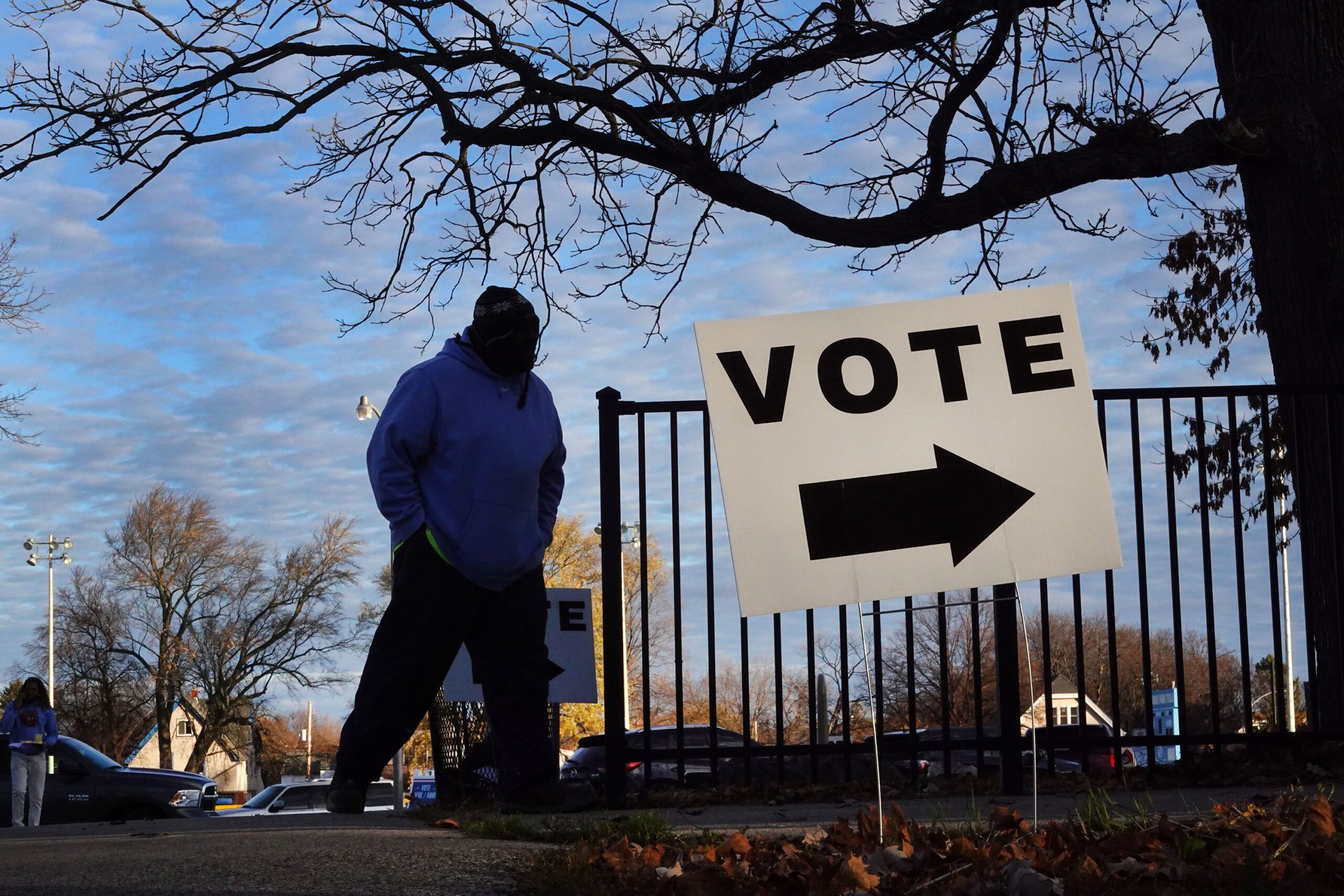Republican legislators and activists in several presidential battleground states are advocating for changes to election procedures. Critics argue that these changes could complicate voting administration in areas crucial to determining political outcomes.
Wisconsin: Private Funding in Elections
Wisconsin voters will soon decide on a constitutional amendment to prohibit private funding in elections. This is one of two Republican-backed measures on the upcoming ballot, both focused on election administration. If successful, these measures will be in effect for this year’s elections.
Republicans have expressed concern over the more than $10 million that Wisconsin election officials received in 2020 from the Center for Tech and Civic Life. This grant, funded by Facebook founder Mark Zuckerberg and his wife, Priscilla Chan, was intended to help agencies and voters navigate the Covid-19 pandemic. Critics argue that this funding disproportionately benefited Democratic turnout and influenced the election outcome.
Nevada: Voter ID Requirements
In Nevada, a GOP-aligned group is gathering signatures to establish new voter ID requirements. This move comes despite a recent court ruling rejecting an initiative to dismiss the measure.
Arizona: Changes to Vote-by-Mail System
In Arizona, a ballot referral in the Republican-controlled Legislature could drastically alter the state’s widely used, no-excuse vote-by-mail system. The measure, which recently passed a key Senate committee, would also effectively limit the use of vote centers in the state’s largest counties. Critics argue that this could lead to a costly scramble to find additional polling places and workers.
Arizona and Wisconsin, both of which flipped from Donald Trump to Joe Biden in the 2020 election, have seen a surge in election conspiracy theories. Republican legislators and conservative groups backing these measures argue they are necessary to restore voter confidence.
Implications and Reactions
Opponents of these measures argue that they could have unintended consequences, such as potentially barring local clerks from accepting donated supplies or using privately owned buildings as polling places. They also note that the ballot questions do not guarantee increased government funding to help run elections if private sources are prohibited.
Some voting rights groups argue that noncitizen voting is not a widespread concern, and warn that efforts to clamp down on it risk using outdated information to disenfranchise those who have since become naturalized US citizens.
As these measures continue to be debated and voted on, the future of election administration in these key battleground states remains uncertain.

